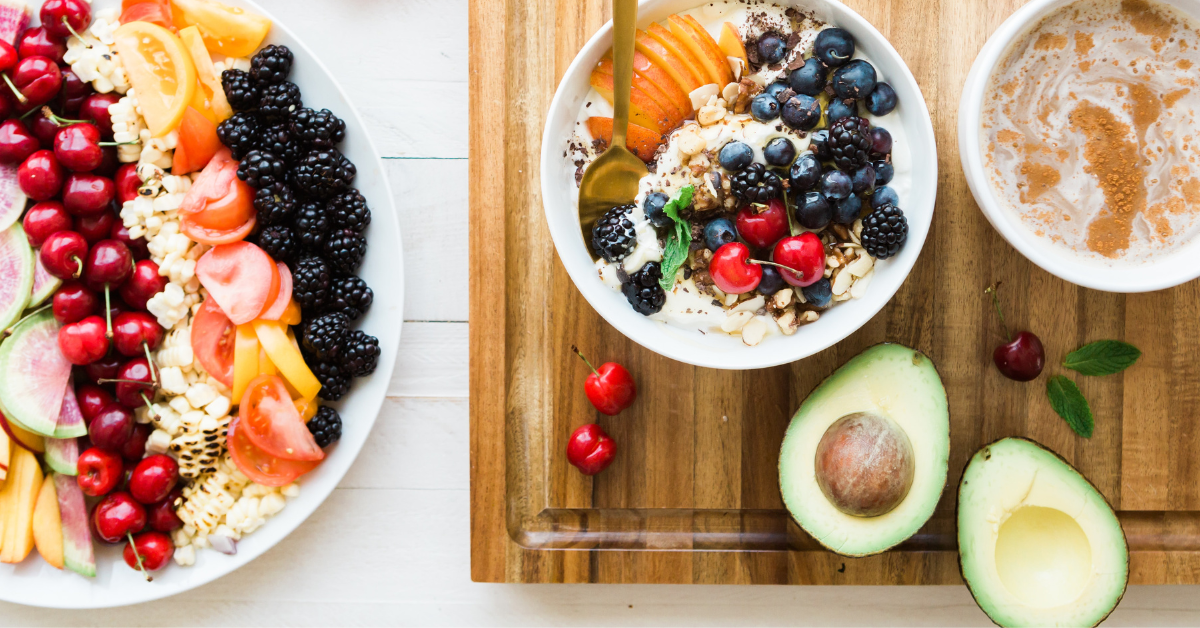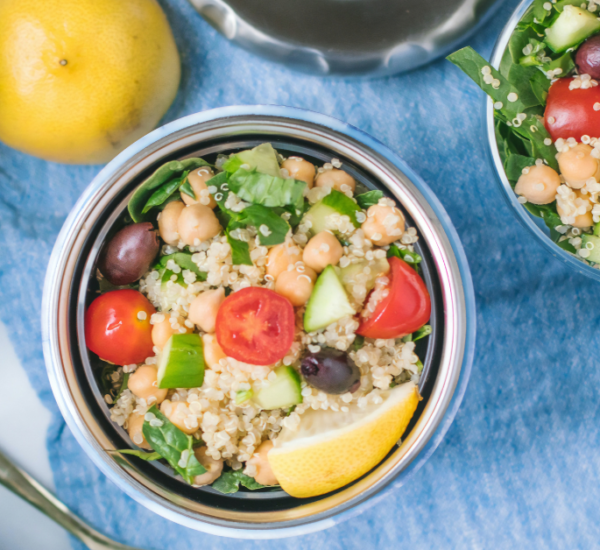Reviewed by: Erica Grandjean, APD, BNutr&Diet
We already know that good health is 80% nutrition and 20% exercise, but just HOW much does what you eat affect your metabolic rate? We investigate the common mistakes that are, in fact, slowing down your metabolism.
Also read: How to Seriously Boost Your Metabolism
1. You’re not eating enough
Why: Most of the calories we consume go towards keeping us alive. This is called your basal metabolic rate, and it’s the bare minimum you need to function. If you eat less than your BMR, you’ll start to feel sluggish and lethargic as your body tries to preserve what little energy it has.
Solution: Always seek professional advice before embarking on a calorie-restricted diet, or alternatively, 12WBT’s range of programs are all tailored to your specific needs, so there’s no blanket calorie level for everyone. As a rule of thumb, anything less than 1,200 a day and you’re in dangerous territory.
2. You’re eating very late at night
Why: There is research to suggest eating right before bedtime temporarily affects your metabolism, slowing it down and making you feel sluggish in the morning.
Solution: Leave it at least two hours between eating and hitting the hay.
3. You’re eating a heavy meal during a big night out
Why: Your body’s ability to metabolise and break down food diminishes after alcohol, so the calories from that Big Mac on the way home will quickly convert to body fat.
Solution: If a big night out is unavoidable, at least ensure you’re properly fuelling yourself with nutrient-dense food beforehand. It also helps to have something easy to grab when you get home… wholegrain toast with peanut butter or avocado will do the trick!
4. You’re dehydrated
Why: Being adequately hydrated can boost your body’s ability to burn fat. Even mild dehydration can slow your metabolic rate by 3% (or more).
Solution: Aim for 2-3 litres of water a day, slightly more if you’re exercising.
5. You’re not getting enough iron
Why: Iron-rich foods help the body carry the oxygen your muscles need to burn fat. Eat too little, and you’ll be less effective at burning that body fat.
Solution: Protein rich foods, such as lean red meat contain impressive amounts of iron. Legumes, tofu, nuts and green vegies are also good sources.
6. You’re eating the wrong kind of carbs
Why: There is research to suggest regular fibre consumption can boost your metabolism, so if you’re only eating highly processed, white carbs with very little fibre, it’s time to switch to the brown stuff! Or, at least eat plenty of fibre-rich veggies.
Solution: The Australian Nutrient References Values (NRVs) recommend an intake of 30g/day for adult males and 25g/day for adult females.








